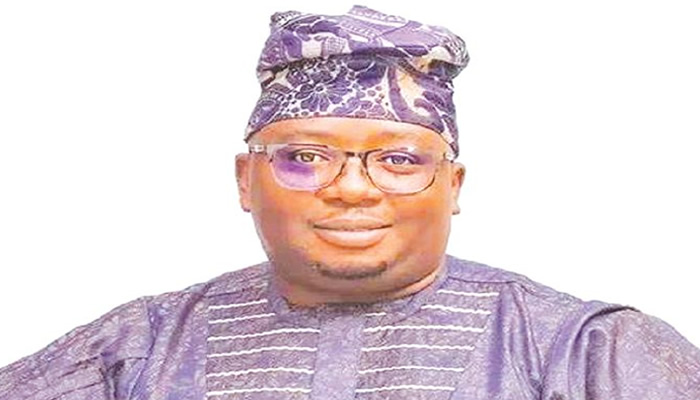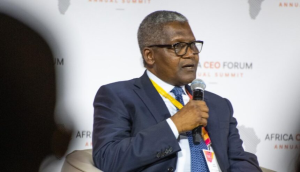
The Federal Government of Nigeria is considering a new electricity tariff hike to address discrepancies in billing across different consumer categories, sparking strong opposition from consumers and industry stakeholders.
The proposed adjustment aims to bring the tariffs for Band B and C customers closer to the N206/kWh rate paid by Band A consumers, who represent about 15% of the country’s 12.82 million electricity users. However, the move has been met with criticism from power consumers and the Organised Private Sector (OPS), who argue that the government continues to raise costs without improving service delivery.
Minister of Power, Adebayo Adelabu, announced the potential tariff revision at the public presentation of the National Integrated Electricity Policy and Nigeria Integrated Resource Plan in Abuja. He cited the slow migration of consumers to the Band A category, attributing it to electricity distribution companies’ reluctance to invest in infrastructure.
“We are going to look at the tariff and see how we can improve upon our modest achievements, not just to grow the sector but to ensure we revamp dilapidated infrastructure,” Adelabu said.
Under the current system, Band B customers who receive 17–18 hours of electricity daily pay N63 per kWh, while Band A customers, who get two more hours of supply, pay N209 per kWh. The minister described this disparity as unfair and stressed the need for tariff regularization to promote investment in the power sector.
The government’s plan comes amid its admission that it owes over N4 trillion ($4.3 billion) in electricity subsidies to power generation and distribution companies, further complicating efforts to stabilize the sector.
Consumer Backlash and Economic Concerns
Electricity consumers and industry groups have strongly opposed the planned tariff increase, arguing that the country’s unstable power supply does not justify higher charges.
Adeola Samuel-Ilori, National Coordinator of the All Electricity Consumers Forum, called the move “insensitive” given the poor state of Nigeria’s power infrastructure. “It’s purely insensitive to impose higher tariffs when we are still struggling with a peak generation of just 5,345 megawatts,” he said.
Similarly, Segun Kuti-George, Vice President of the Nigerian Association of Small-Scale Industrialists, criticized the government’s approach, stating, “The government is acting as if it is ruling from another country. Instead of improving power supply, they are focused on increasing tariffs.”
Dr. Ikenna Nwosu of the Nigerian Economic Summit Group also argued that previous tariff hikes had not been justified with clear data and that another increase would further strain both citizens and businesses.








